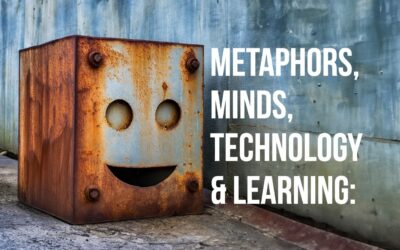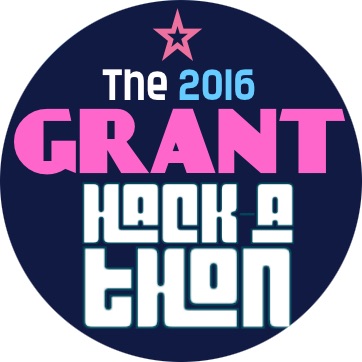A couple of years ago I visited the Friday Institute at North Carolina State University. I had a wonderful time meeting old friends and making new ones. One of the old/new friends was doctoral student Lisa Hervey. As a part of her dissertation Lisa had been interested in developing observational protocols to measure TPACK. At that time, Lisa was the first person I knew who was tackling this problem, though in the meanwhile Judi Harris, Denise Schmidt and others have worked in this area.. but Lisa’s was the first that I had heard about.
So it was with great pleasure I learned that Lisa recently completed and successfully defended her dissertation. Congratulations Dr. Hervey! The title and abstract are given below:
Between the Notion and the Act: Veteran Teachers’ TPACK and Practice in 1:1 Settings
Veteran teachers have found it daunting to efficaciously weave educational technologies into their established instructional practices (Bebell & Kay, 2010). A surge in 1:1 initiatives, where every teacher and student has access to a mobile, Internet-connected device for 24-hour use, further adds to the complexity of the educational landscape for veteran teachers. Despite the increase in 1:1 initiatives, there is a lack of clarity about the kind of professional knowledge veteran teachers must have to create and implement instructional activities to effectively support student learning within these environments. The technological pedagogical content knowledge (TPACK) framework is a nuanced lens to study teachers’ 21st century professional knowledge and practice (Mishra & Koehler, 2006), and has been applied in a variety of settings. Veteran teachers practicing in 1:1 settings, however, are not targeted in current TPACK research. In this mixed-methods study, veteran secondary education teachers (N = 85) were first surveyed to determine their self-reported technological content knowledge (TCK), technological pedagogical knowledge (TPK) and technological pedagogical content knowledge (TPACK) while practicing in 1:1 settings. Information rich teacher cases (N = 6) were identified for the subsequent qualitative phase. Qualitative data included teachers’ videotaped lessons, simulated recall and semi-structured transcripts and field notes. TPACK a priori codes were used during within-case analysis. Open coding analysis was conducted to discover emerging themes across cases. Findings suggest that most veteran teachers had lower self-perceptions of their TPACK than their practices indicated. TCK, TPK, and TPACK a priori coding resulted in observational findings that significantly added under-theorized aspects of the TPACK framework. Cross-case results indicated that veteran teachers’ want: (a) autonomy in selecting technology related professional development; (b) freedom to choose technologies to use with their students, and (c) opportunities to practice with technology with their peers. Discussion highlighted issues of reliability and validity associated with the adapted version of Teachers’ Knowledge of Teaching and Technology Survey, illuminated TCK, TPK, and TPACK and unique challenges secondary veteran teachers face while practicing in 1:1 setting. Recommendations for future research are offered where appropriate.



0 Comments